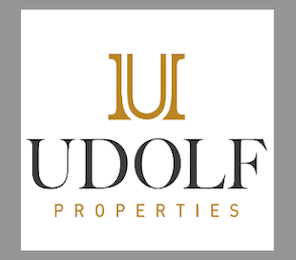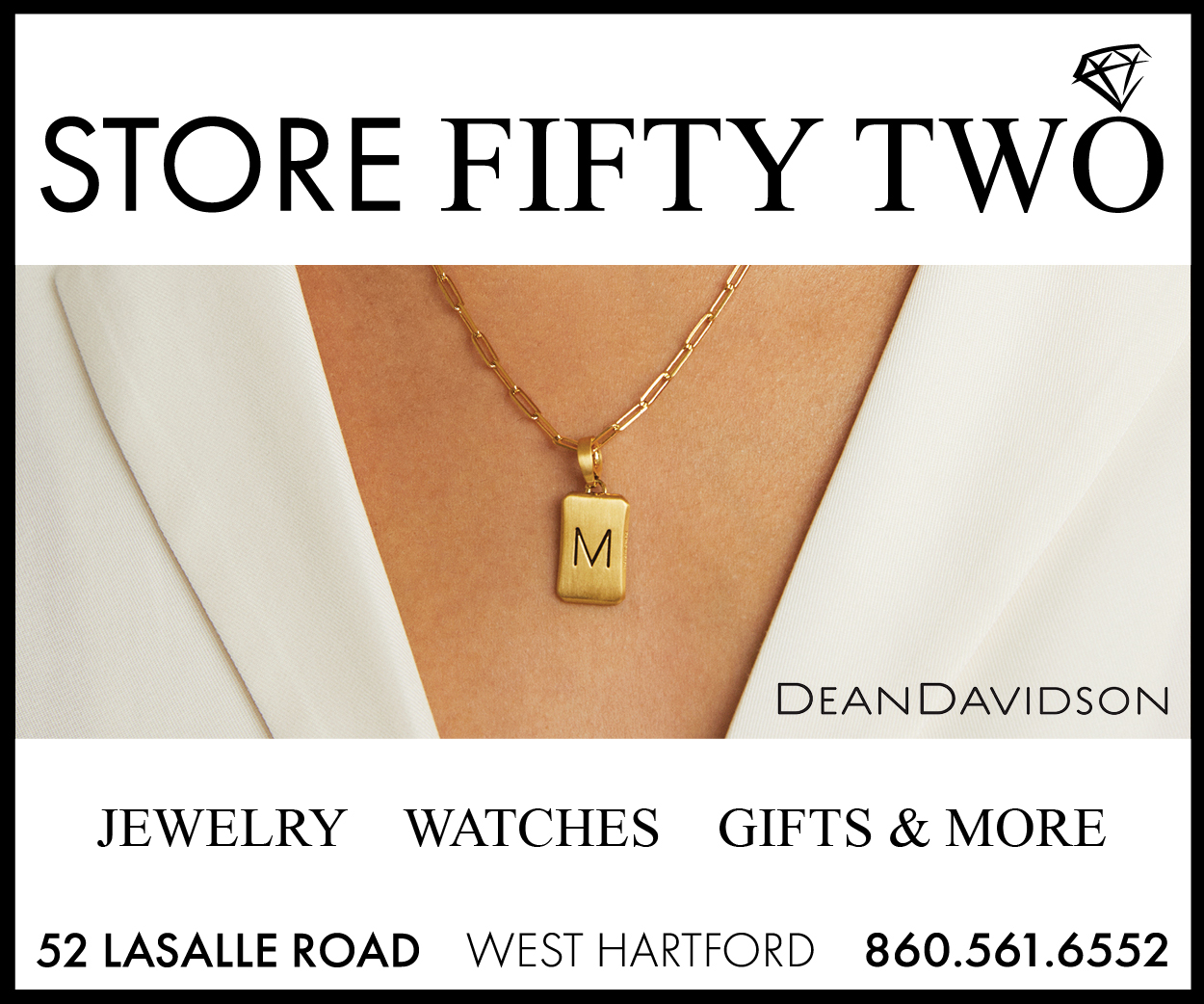“Can a theocracy become a democracy?”
By Cindy Mindell
How do religion and government mix? Joel H. Rosenthal, president of the Carnegie Council for Ethics in International Affairs, will address the topic on Friday, Nov. 30 at Congregation B’nai Israel in Bridgeport.
Rosenthal is adjunct professor at New York University and chairman of the Bard College Globalization and International Affairs (BGIA) program in New York City. He has served as president of Carnegie Council for Ethics in International Affairs since 1995. During his tenure as president, the Council has developed its Ethics Studio, producing multimedia programs for TV, radio, and web audiences worldwide. The Council has also established its Global Ethics Network of Fellows located in two dozen countries in Asia, Europe, Latin America, North America, and the Middle East.
As a scholar and teacher, Rosenthal has focused on ethics in U.S. foreign policy, with special emphasis on issues of war and peace, human rights, and pluralism. He is author of “Righteous Realists: Political Realism, Responsible Power, and American Culture in the Nuclear Age” (Louisiana State University Press, 1991), and co-editor of “Ethics & International Affairs: A Reader” (Georgetown University Press; 3rd edition, co-edited by Christian Barry), widely used in college courses. Rosenthal’s recent writing is a series of reflections on the moral
dimensions of globalization, including essays on patriotism, the “global ethic,” and the role of religion in democratic societies.
A native of Brookline, Mass., Rosenthal received his PhD from Yale University and his BA from Harvard University. In addition to his ongoing teaching duties, he lectures frequently at universities and public venues across the U.S. A member of Congregation B’nai Israel, Rosenthal lives in Fairfield with his wife Patricia and their two children.
He spoke with the Ledger about how – and whether – religion and government should intermingle.
Q: Can you compare and contrast “theocracy” and “democracy?”
A: The definition of theocracy is “government by immediate divine guidance or officials who are divinely guided.” The literal meaning of theocracy is “the rule of god.” In a theocracy, government derives its legitimacy from religious belief. It derives its power from religious institutions. A theocratic government functions to align civil and political matters with
religious law and customs.
A theocracy is hierarchical. Its structure features religious law and clerics at the top with political institutions arranged accordingly underneath. Political accountability always traces back to the religious authorities who control the political institutions.
In philosophical terms, there is a “monist” quality to theocracy. By monist, I mean a devotion to single and exclusive claims to truth as expressed through religious law. Monism sits uneasily with democracy because democracy emphasizes pluralism and multiple claims to multiple truths. It is hard to imagine a democracy that could reconcile itself with the exclusive claims of religious law.
The classic definition of democracy is familiar. The most fundamental principle is “consent of the governed.” In a democracy, legitimacy flows not from God or any higher authority – legitimacy flows from the people themselves.
The history of democracy tells the story. Before the American and French revolutions, the sovereign was of course the king. Sovereignty – both power and authority – was invested in the person of the king. The democratic revolutions of the 18th century changed that forever. Power and authority now derive from the people. Laws and political institutions are arranged accordingly. Accountability is not to a royal or religious authority. Accountability is again to the people.
I believe that democracy is intrinsically pluralist. By pluralist, I mean that the system recognizes competing interpretations of truth and justice. The political system is built to be open, competitive, and unfinished. The key element is free and fair elections that insure accountability to the people.
Q: What do today’s theocracies look like?
A: If we think of the actions of theocratic governments in recent months and years, it is hard to see any of them abiding by the ethical standards anywhere near those enumerated in, say, the Bill of Rights in the U.S. Constitution. Examples here include accounts of the use of Sharia law in places ranging from Saudi Arabia to Indonesia, prescribing penalties like dismemberment and stoning for crimes such as theft and adultery. Of particular note are fundamental values such as free expression and equal rights of men and women. The world will be watching Egypt and other Arab Spring countries with great interest to see how their institutions evolve. I think their prospects are better than, say, those of Afghanistan or the current regime in Iran. But that remains to be seen.
Q: How do you interpret the claim by some in the U.S. that we were founded as a “Christian nation?” Is that a call to create a theocracy, or some kind of theocracy-democracy hybrid?
A: In the case of the United States, the genius of American pluralism is both structural and linguistic. Structurally, there is no official church. Linguistically, we speak the language of no particular faith. Think of the linguistic issue this way. Primary faith language is the language that believers use among themselves. Primary faith language is the language of chapter and verse. It is the language of particular names and images; for example, invoking the name of Jesus Christ or a specific ritual or sacrament. Secondary faith language is the language that believers use to communicate to someone who is not part of his or her faith community. Here we see generic references to God or Providence. Specific religious practice and ritual is left to the side. American leaders speak of faith quite often. But when in their official public capacity, they almost always speak in secondary faith language. Secondary language is open to all and does not require belief or particular knowledge.
For all of its virtues, religious influence can become corrosive to pluralism and democracy if it turns into religious fervor. We might see signs of this when primary faith language creeps into the discourse of political leaders or when religious law begins to challenge civil law within certain communities.
Q: How do you understand the unique standing of Israel as both a democracy and a Jewish state?
A: The formula of the Jewish state-plus-democracy is a delicate balance, but it is holding up under stress. If you look at the institutions of the state, you see that they still pass the democracy test. Legitimacy derives from the people, not the rabbis. Israel remains an open, pluralistic society. Jewish values inspire its institutions. But there is freedom to live outside of religious authority. As in any democracy, this reality in Israel cannot be taken for granted. All democracies must be vigilant against forces of repression, religious or otherwise. As the cliché goes, freedom is not free. Israel has its challenges from within.
Joel H. Rosenthal will discuss “Mixing Religion and Politics: Can a Theocracy Become a Democracy?” on Friday, Nov. 30, 8 p.m., Congregation B’nai Israel, 2710 Park Ave., Bridgeport. The talk will be preceded by services and dinner. Reservations for dinner a must; (203) 336-1858 / Lynn@cbibpt.org
Comments? Email cindym@jewishledger.com








 Southern New England Jewish Ledger
Southern New England Jewish Ledger










